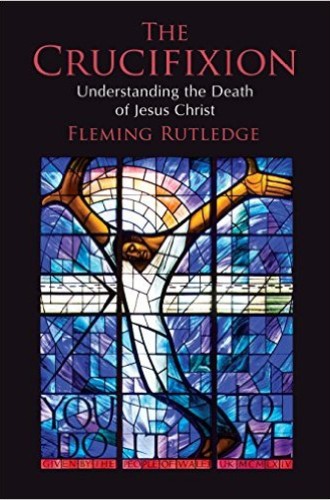Crux of the matter
Preacher Fleming Rutledge’s magnum opus is many things. It is an examination and rethinking of virtually all the major ways in which the death of Christ has been interpreted. It is also an argument that the how of Jesus’ death—the ghastly and dehumanizing ordeal of crucifixion—matters. But perhaps more than either of these, Rutledge’s book is a protest. It is a protest against what might be termed Christianity lite: against the many contemporary iterations of the Christian faith, both conservative and liberal, that don’t have much in the way of theological depth and seriousness—iterations that trade a rich, world-shaking, challenging faith for what seems only a mess of trivia.
The Crucifixion is also an extended protest against the failure to take seriously evil and sin—that is, to take seriously the world in which we live. Implicit in her argument is this thesis: a Christian faith that does not face and come to grips with radical evil does not deserve to be taken seriously.
Early in her study, Rutledge observes that “personal engagement with the cross is difficult and painful, but leaders of congregations will have a hole in the center of their ministry without it.” She is right. Preachers who engage the apparently negative are not only doing so in a culture that is thoroughly committed to the upbeat and positive, but they are likely aware of the complexity of preaching and teaching about something that is both central and controversial. It is easy to get it wrong, and hard to get it right.





